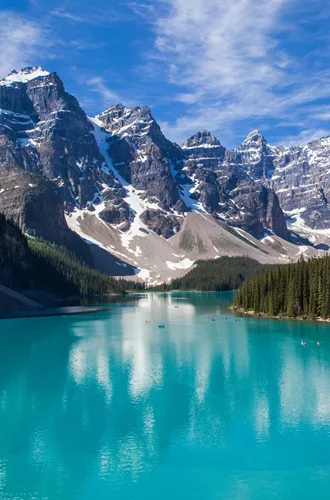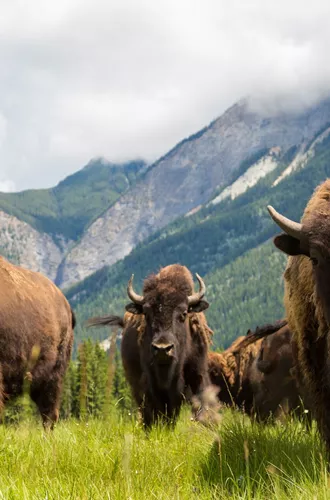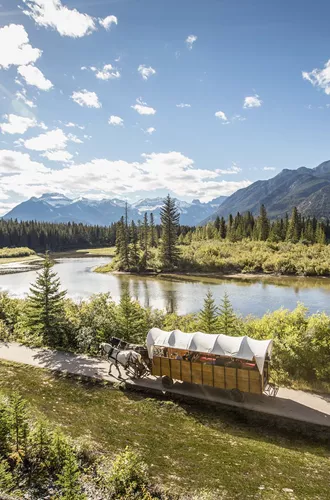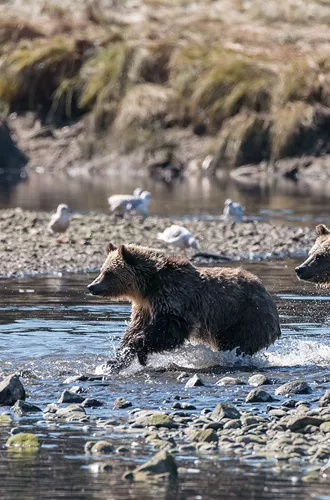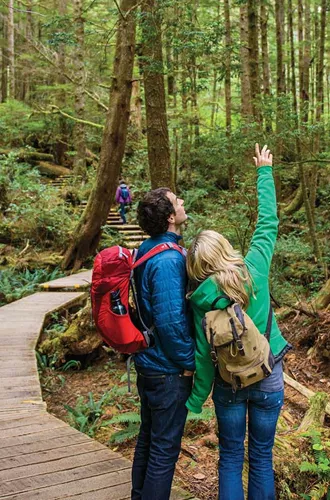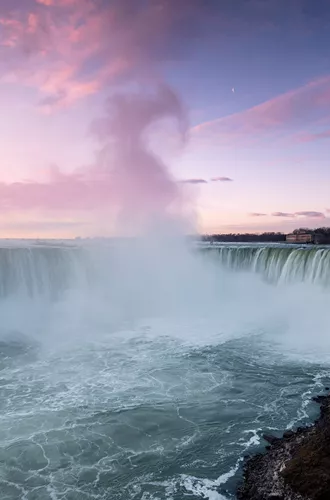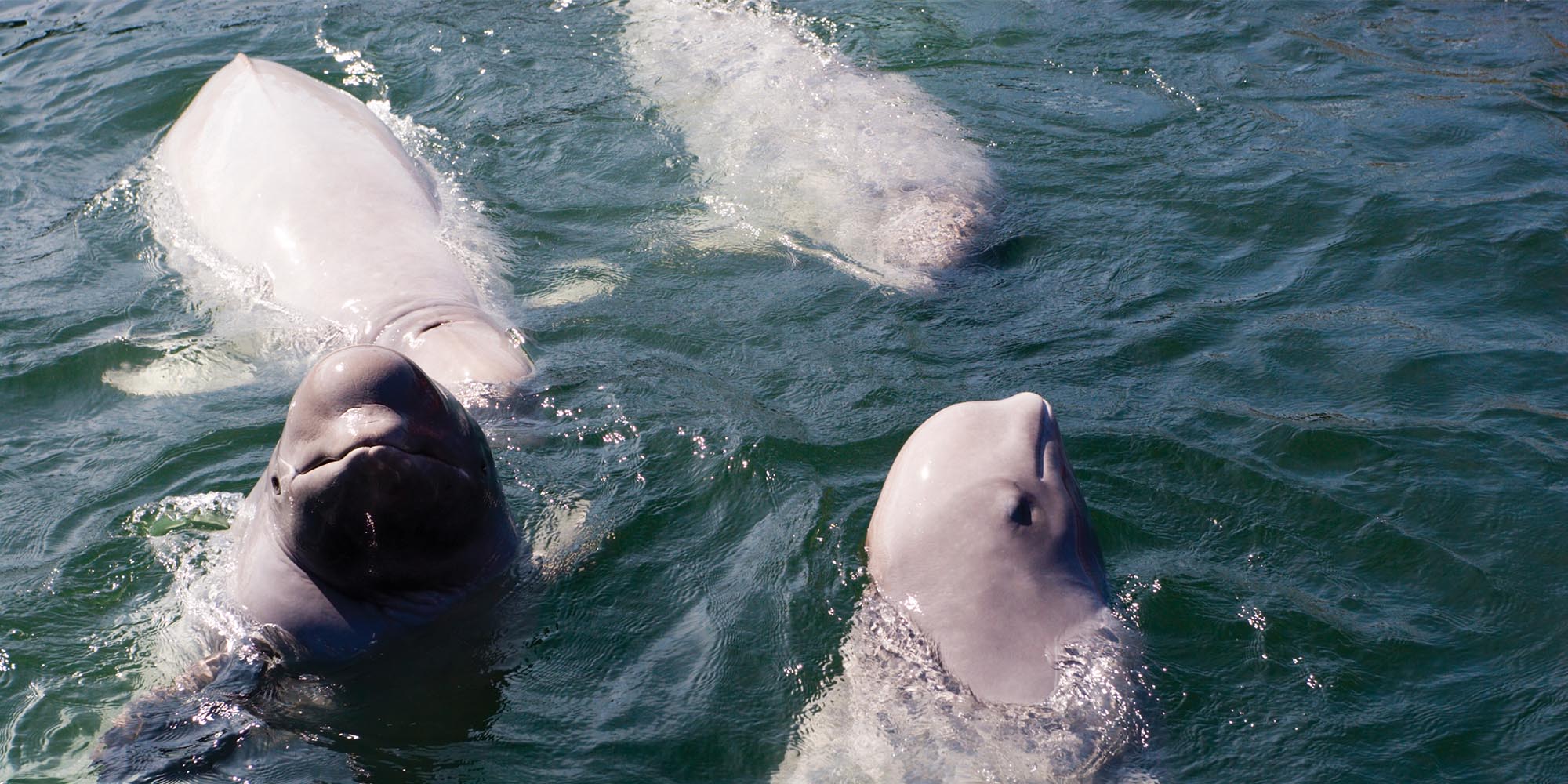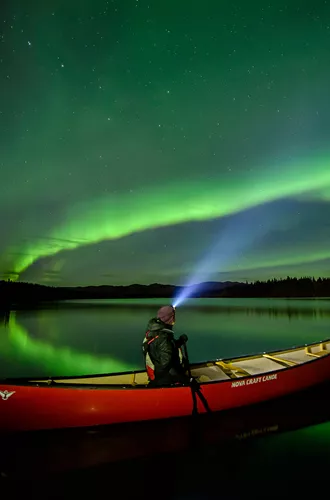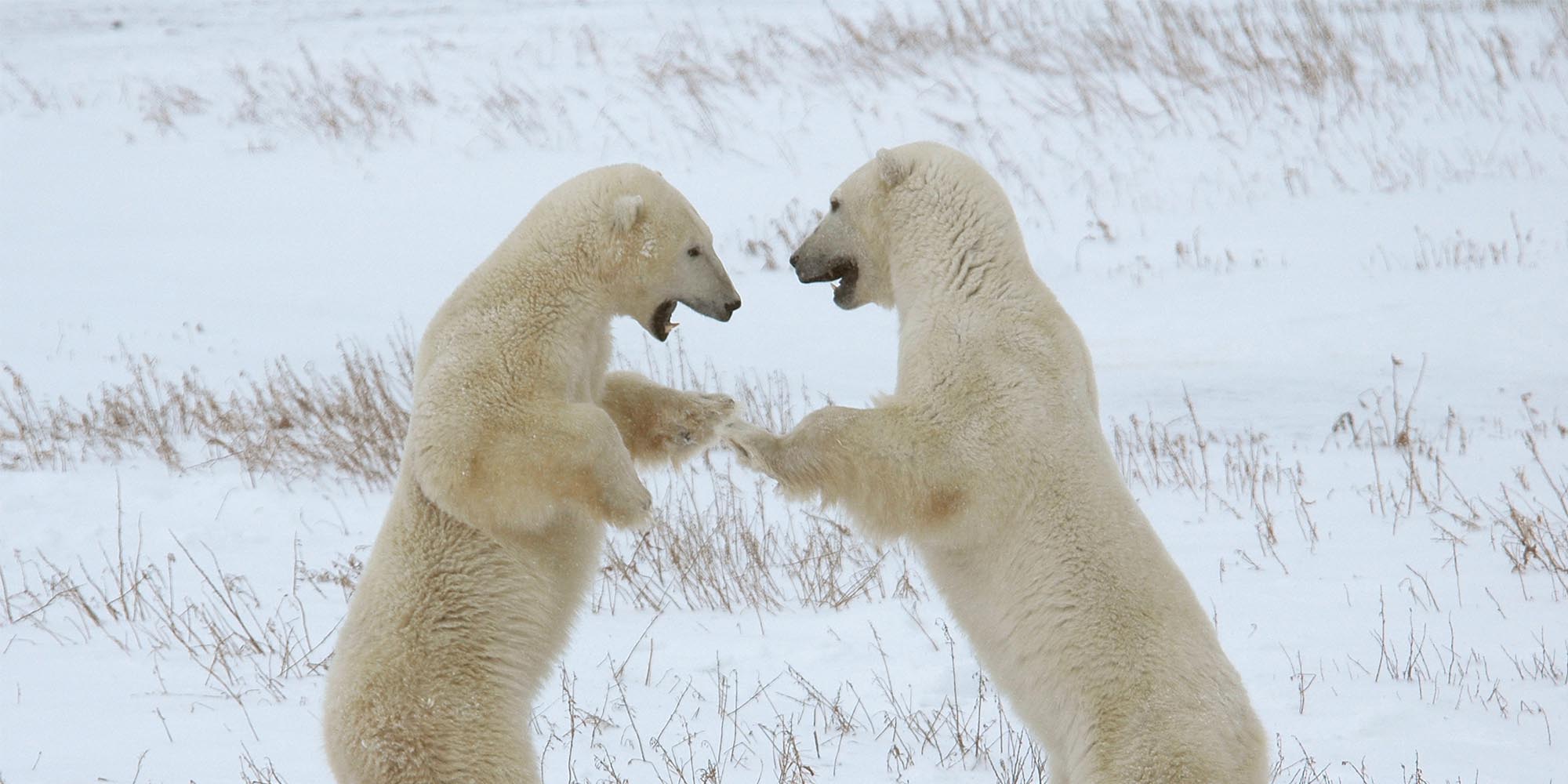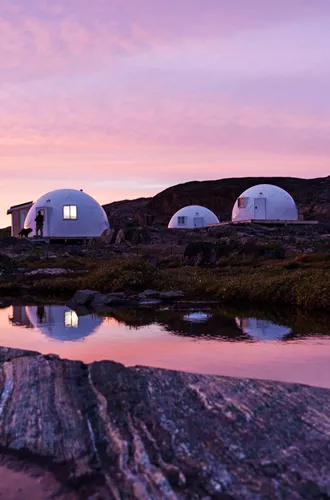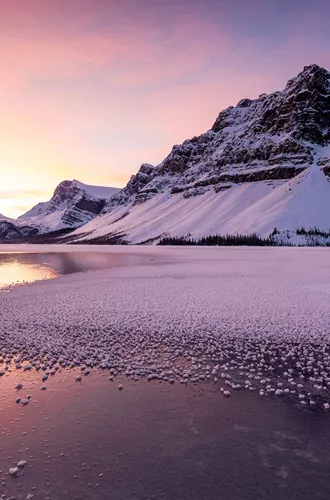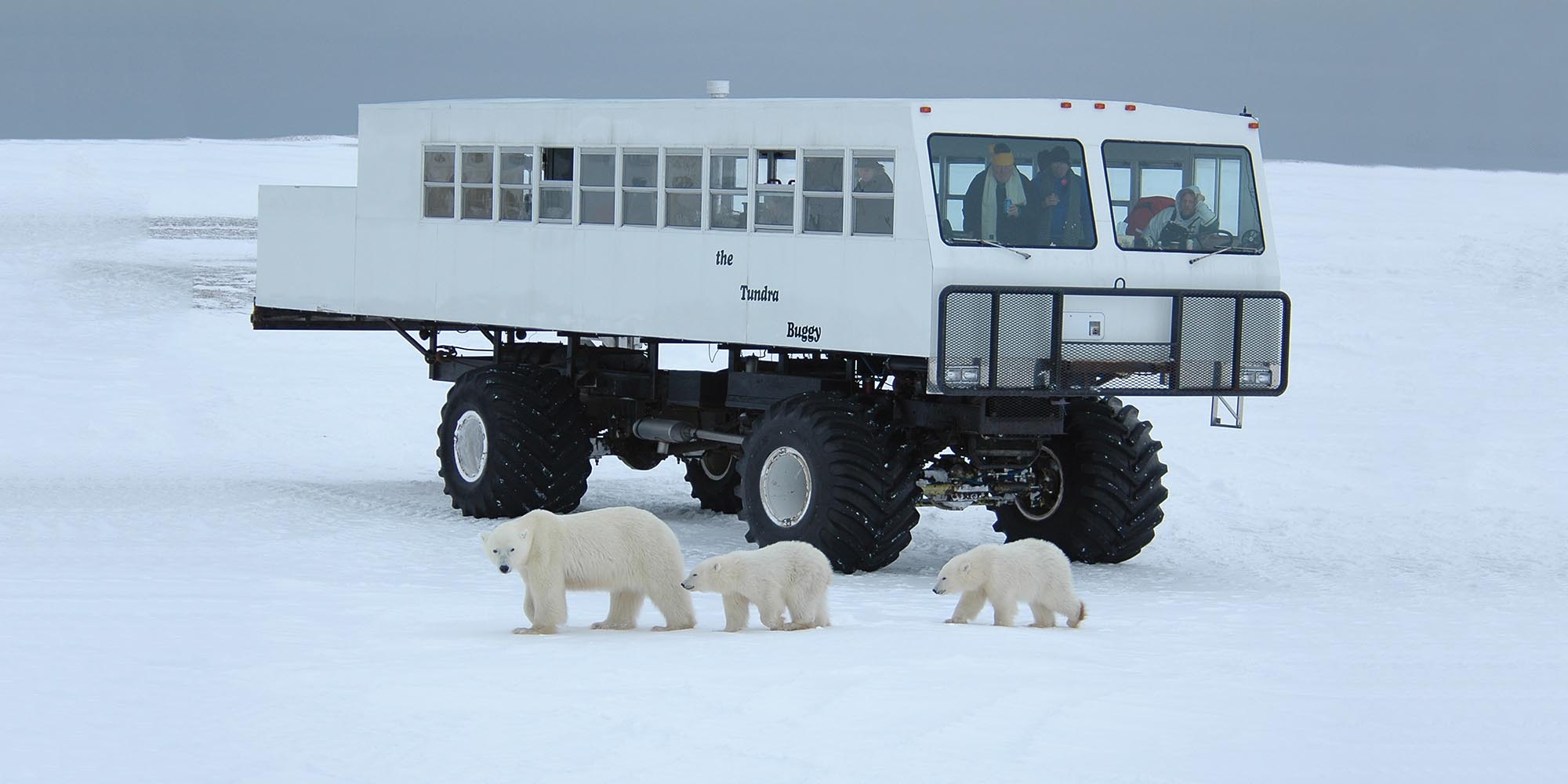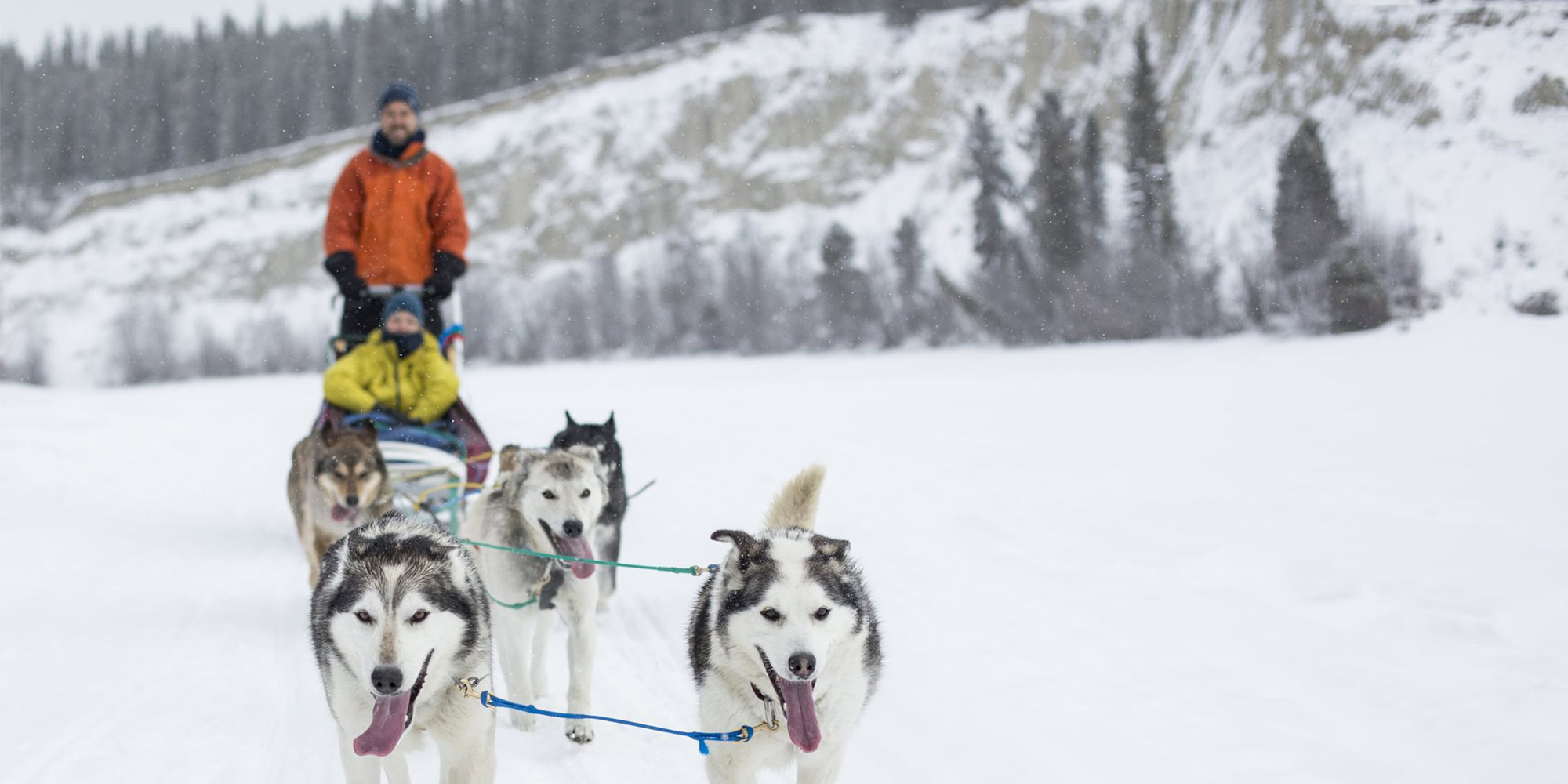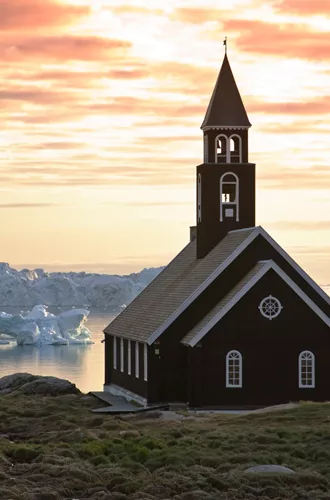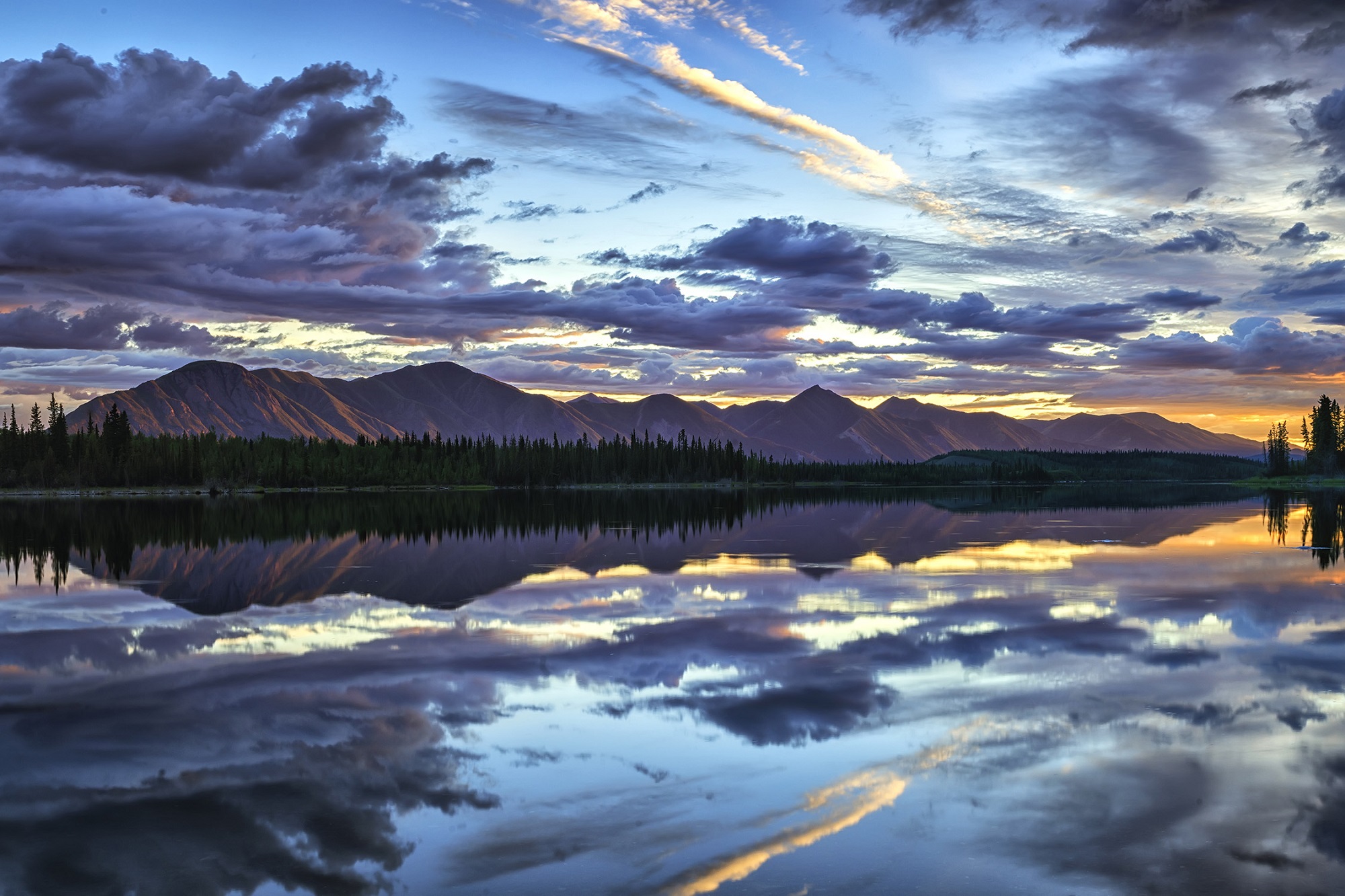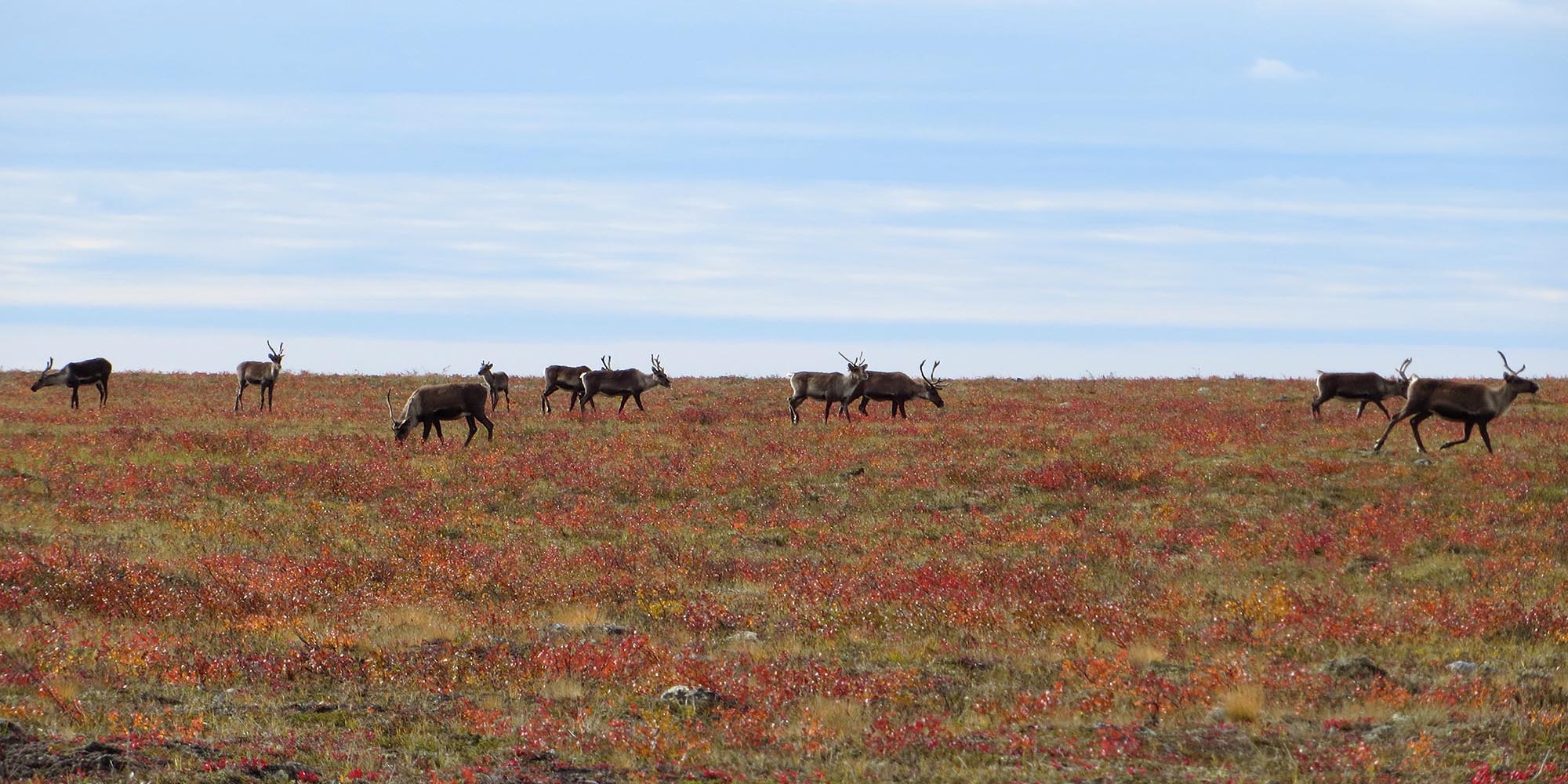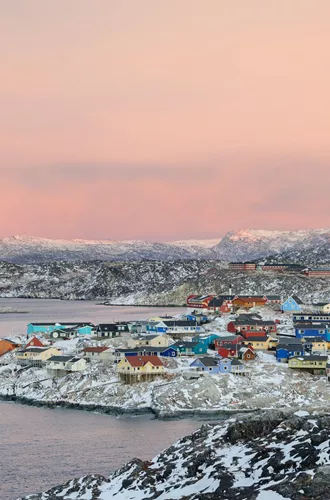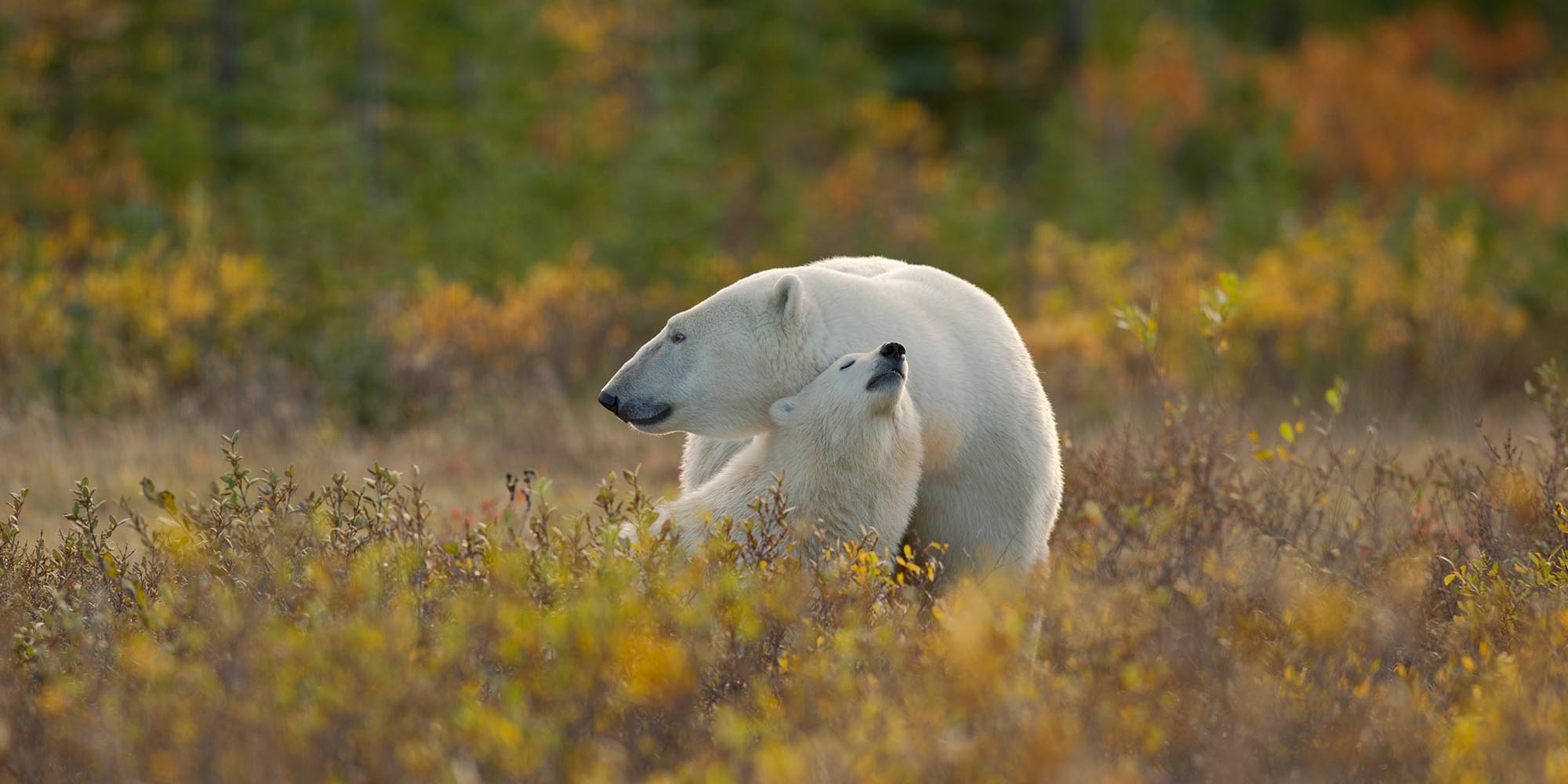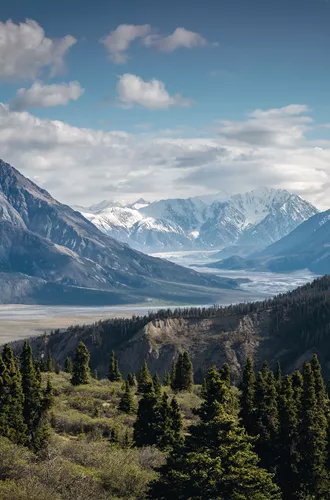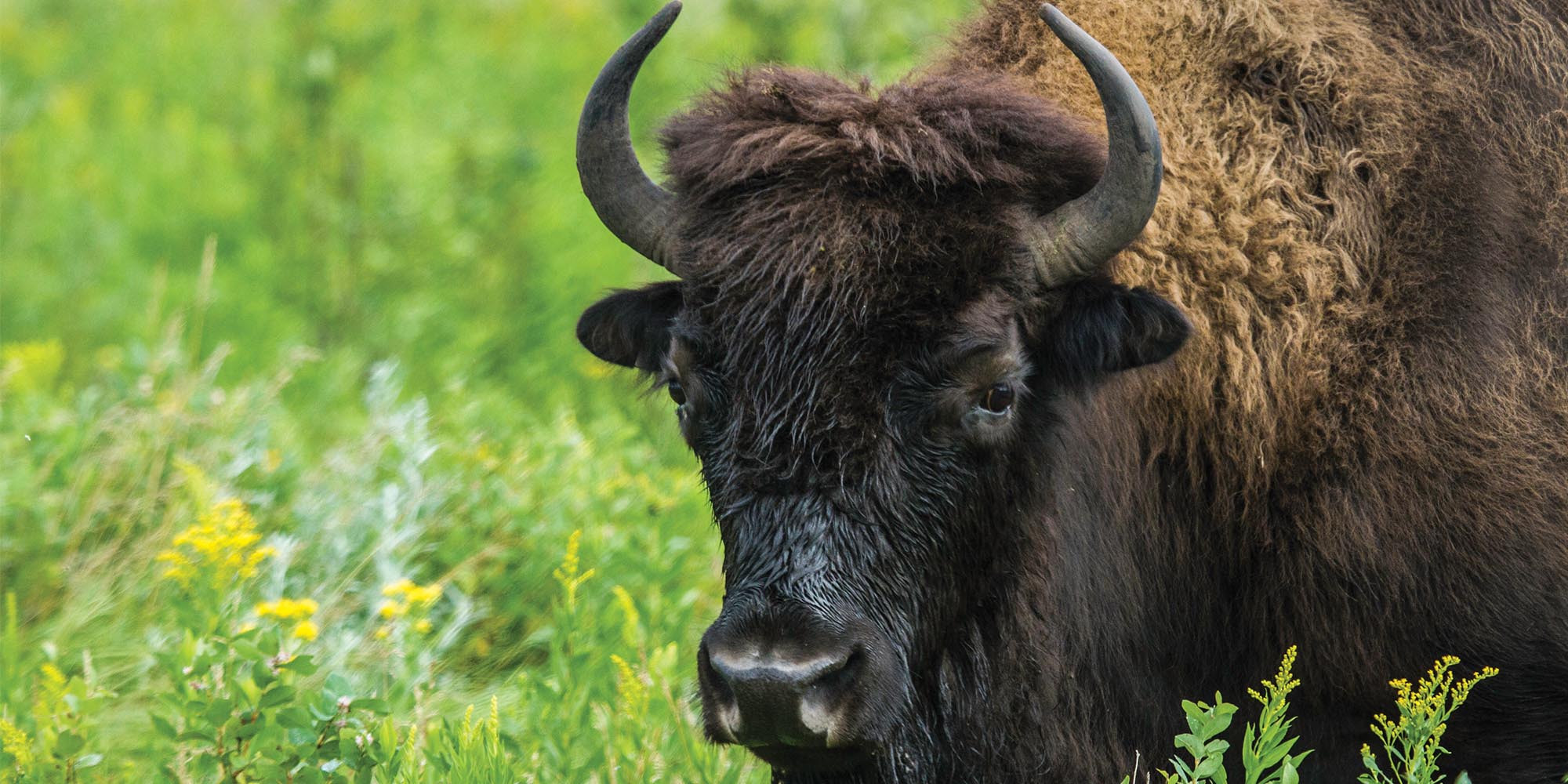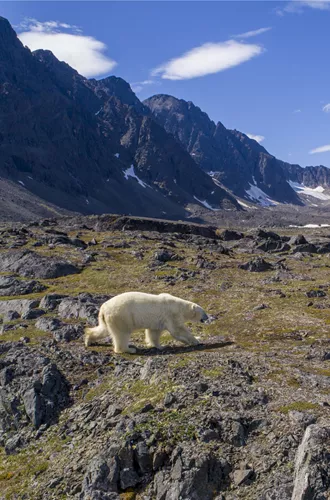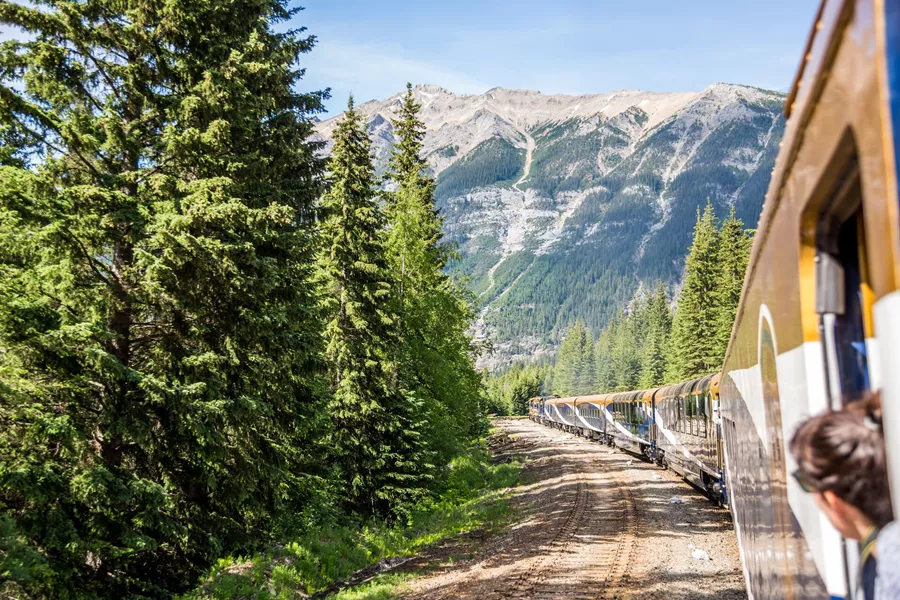Communications
Country Code for Canada: +1
Official Travel advice visit:
Canada Travel Advice & Safety | Smartraveller (Australia)
Safe Travel NZ | Canada (New Zealand)
All Emergency Services: 911
Australian High Commission, Ottawa
Contact the Australian High Commission in Ottawa if you're in:
- Newfoundland and Labrador
- Ontario (excluding the south-western corner below Kingston)
Suite 1301, 50 O'Connor Street, Ottawa, Ontario K1P 6L2 CANADA
Phone: +1 613 236 0841 Email: consular.ottawa@dfat.gov.au
Australian Consulate-General, Toronto
For those in the Greater Toronto Area (the south-western corner of Ontario below Kingston).
Suite 1100, South Tower, 175 Bloor Street East, Toronto, Ontario M4W 3R8 CANADA
Phone: +1 416 323 4280
Australian Consulate, Vancouver
Contact the Australian Consulate, Vancouver if you're in:
Suite 2050, 1075 West Georgia Street, Vancouver, British Columbia V6E 3C9 CANADA
Phone: +1 604 694 6160
New Zealand High Commission Ottawa, Canada
150 Elgin Street, Suite 1401 Ottawa Ontario K2P 1L4
Telephone: +1 613 238 5991
Email: info@nzhcottawa.org





